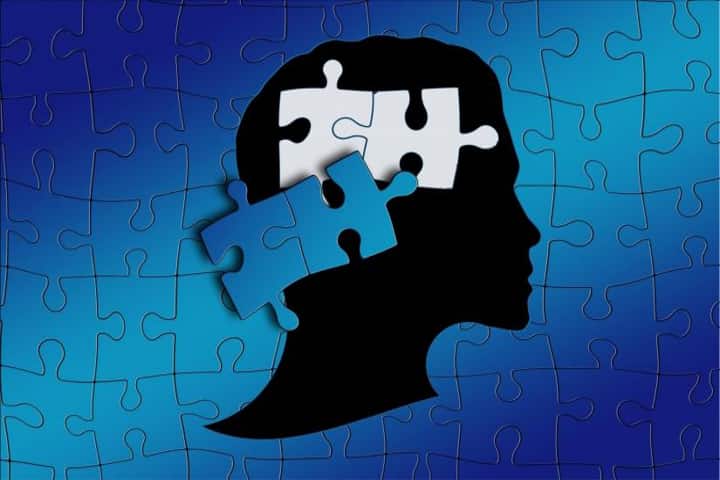

Using human "mini-brain" models known as organoids, scientists have discovered that the roots of autism spectrum disorder may be associated with an imbalance of specific neurons (Pic. Courtesy IANS)
Using human “mini-brain” models known as organoids, scientists have discovered that the roots of autism spectrum disorder may be associated with an imbalance of specific neurons that play a critical role in how the brain communicates and functions.
Autism spectrum disorder is a neurological condition that affects the way people perceive and interact with others, leading to challenges in social communication and behaviour.
The term “spectrum” emphasises the broad range of symptoms and severity, and includes autism, Asperger’s syndrome, childhood disintegrative disorder and an unspecified form of pervasive developmental disorder.
The study, published in the Nature Neuroscience journal, found an abnormal imbalance of excitatory neurons in the forebrain of people with the disorder, depending on their head size.
“This organoid technology allowed us to recreate the brain development alteration that happened in the patients when they were in the uterus, which is believed to be the time when autism spectrum disorder originates,” said Alexej Abyzov, a genomic researcher in the Department of Quantitative Health Sciences at the Mayo Clinic Center.
For the study, the scientists first created miniature 3D brain-like models, called organoids.
The pea-sized clusters of cells began as skin cells from people with autism spectrum disorder. The skin cells were placed in a culture dish and “reprogrammed” back into a stem-cell-like state, called induced pluripotent stem cells. These so-called master cells can be coaxed to develop into any cell in the body, including brain cells.
Next, the scientists used a special technology called single-cell RNA sequencing to study the gene expression patterns of individual brain cells. In all, they examined 664,272 brain cells at three different stages of brain development. The scientists also discovered that the neuron imbalance stemmed from changes in the activity of certain genes known as “transcription factors”, which play a crucial role in directing the development of cells during the initial stages of brain formation.
“Autism is mostly a genetic disease. Our goal is to be able to determine the risk of autism spectrum disorder and possibly prevent it in an unborn child using prenatal genetic testing. However, this would require detailed knowledge of how brain regulation gets derailed during development. There are many aspects in which organoids could help in this direction,” said Dr. Abyzov.
Israel's Ministry of Foreign Affairs (MFA) issued a strongly worded statement categorically rejecting the claims…
A twin turboprop Antonov An-24 passenger plane carrying 47 people, including five children, went missing…
British Prime Minister Keir Starmer will host Prime Minister Narendra Modi in the UK on…
The top brass from India and Israel held a bilateral meeting in New Delhi on…
Prime Minister Narendra Modi expressed gratitude for the enthusiastic reception given by the Indian community…
The Baloch Students Action Committee (BSAC) conducted a press briefing in Quetta to draw attention…